New Zealand, a country renowned for its pristine landscapes and commitment to environmental sustainability, has taken a significant step towards a greener future. The government has announced a comprehensive ban on single-use plastics, including the phasing out of PVC (polyvinyl chloride) and polystyrene packaging by 2025. This move is set to reshape the way businesses and consumers interact with packaging materials, emphasizing a shift towards eco-friendly alternatives.
The decision to ban single-use plastics is not a sudden one; it has been a topic of discussion and debate for years. New Zealand's government has been closely monitoring the environmental impact of these materials, which are known to contribute significantly to pollution, particularly in the form of microplastics that find their way into oceans and waterways. The ban is a response to the growing global consensus that such materials are detrimental to the environment and are not sustainable in the long term.
Impact on Businesses
The impending ban will have a profound impact on businesses across various sectors. Companies that rely on single-use plastics for packaging will need to innovate and find alternatives that are both cost-effective and environmentally friendly. This could lead to a surge in the development and use of biodegradable materials, such as those derived from plant-based sources, which can break down naturally over time without leaving harmful residues.
Consumer Behavior
Consumers, too, will need to adapt to the changes brought about by the ban. The convenience of single-use plastics is undeniable, but so is the need to reduce their environmental footprint. The government's initiative is expected to encourage a shift in consumer behavior, promoting the use of reusable bags, containers, and other items that can help reduce waste. Education and awareness campaigns will play a crucial role in this transition, helping consumers understand the importance of sustainable choices and the benefits they bring to the environment.
Environmental Benefits
The environmental benefits of the ban are manifold. By reducing the amount of plastic waste that ends up in landfills and the natural environment, New Zealand is taking a stand against pollution and the degradation of ecosystems. The ban on PVC and polystyrene is particularly significant, as these materials are known to be difficult to recycle and can release harmful chemicals when they break down. By eliminating these materials, New Zealand is not only reducing waste but also protecting the health of its citizens and wildlife.
Economic Opportunities
The transition away from single-use plastics also presents economic opportunities. As businesses seek alternatives, there is potential for growth in the manufacturing of sustainable packaging materials. This could lead to job creation and the development of new industries that are focused on environmental innovation. Additionally, the move towards a circular economy, where materials are reused and recycled, can help reduce the overall cost of waste management for businesses and the government.
Global Leadership
New Zealand's decision to ban single-use plastics and PVC/styrene packaging is not just a domestic issue; it is a statement of global leadership. By taking this bold step, the country is signaling its commitment to environmental stewardship and setting an example for other nations to follow. This could inspire a wave of similar bans around the world, contributing to a global effort to combat plastic pollution and protect the planet for future generations.
Challenges and Solutions
While the ban is a positive step forward, it is not without its challenges. The transition period will require significant investment in new technologies and infrastructure, as well as changes in supply chains. However, these challenges are not insurmountable. By providing support to businesses in the form of grants, tax incentives, and research funding, the government can help mitigate these costs and encourage the adoption of sustainable practices.
In conclusion, New Zealand's ban on single-use plastics and the phasing out of PVC and polystyrene packaging by 2025 is a landmark decision that reflects the country's dedication to environmental sustainability. It is a move that will not only benefit the nation's environment but also serve as a catalyst for change on a global scale. As businesses and consumers adapt to these new regulations, they will be contributing to a cleaner, greener future for all.

By Sophia Lewis/Apr 5, 2025
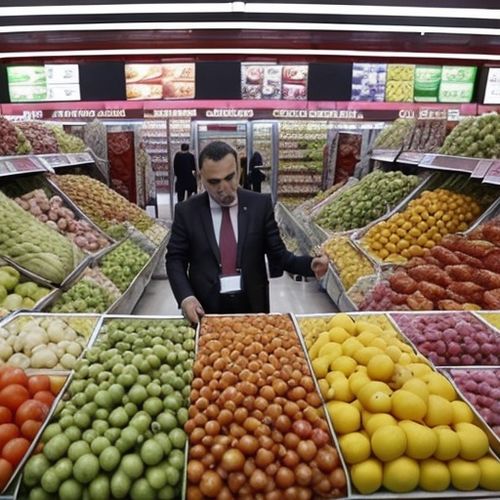
By Jessica Lee/Apr 5, 2025
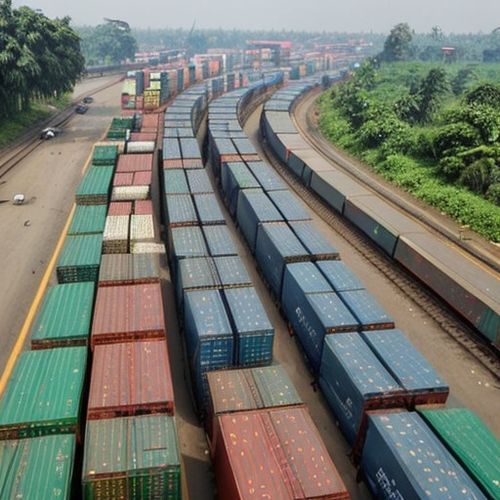
By Emily Johnson/Apr 5, 2025
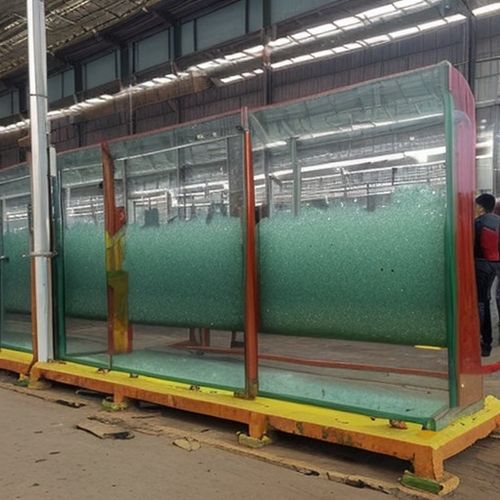
By Sophia Lewis/Apr 5, 2025

By George Bailey/Apr 5, 2025

By Amanda Phillips/Apr 5, 2025

By Emily Johnson/Apr 5, 2025
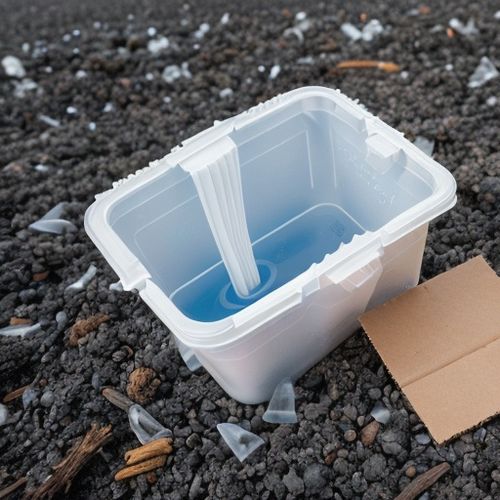
By Natalie Campbell/Apr 5, 2025

By Sarah Davis/Apr 5, 2025
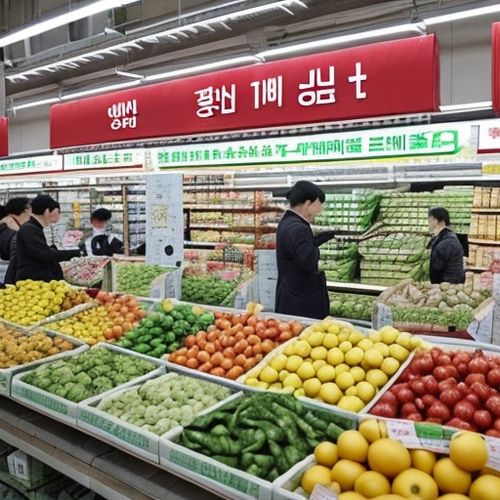
By Laura Wilson/Apr 5, 2025
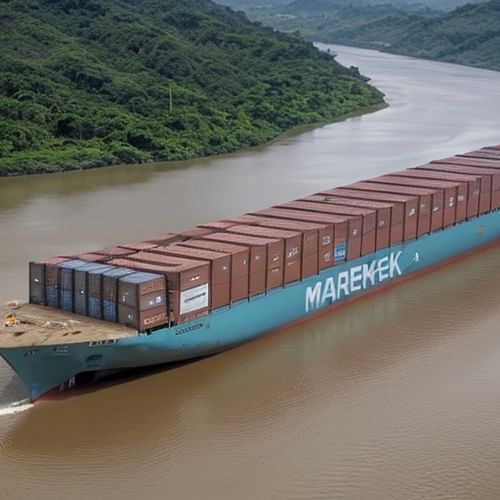
By Samuel Cooper/Apr 5, 2025
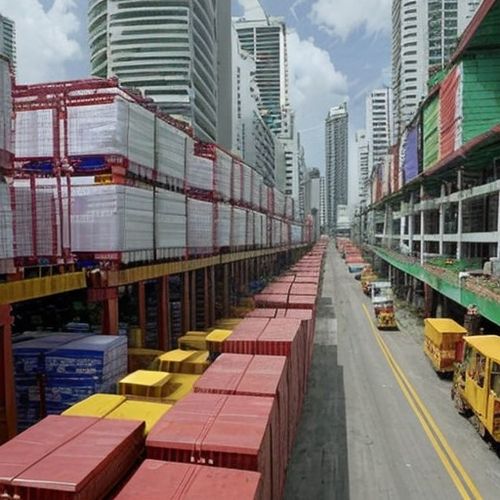
By James Moore/Apr 5, 2025

By Noah Bell/Apr 5, 2025
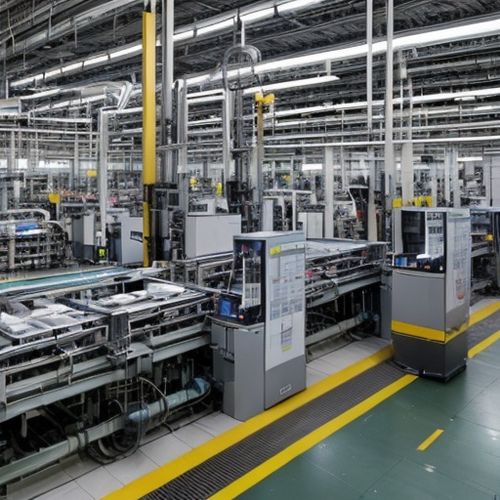
By Sarah Davis/Apr 5, 2025
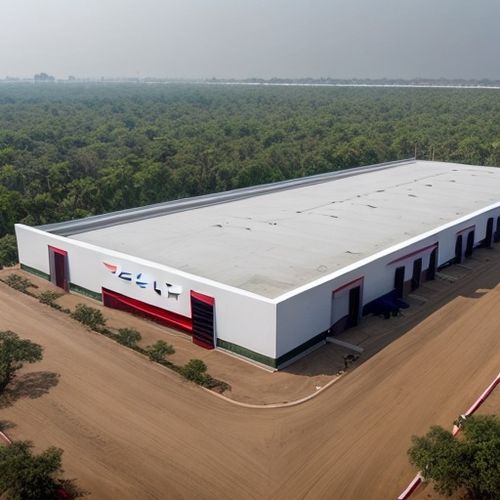
By Ryan Martin/Apr 5, 2025
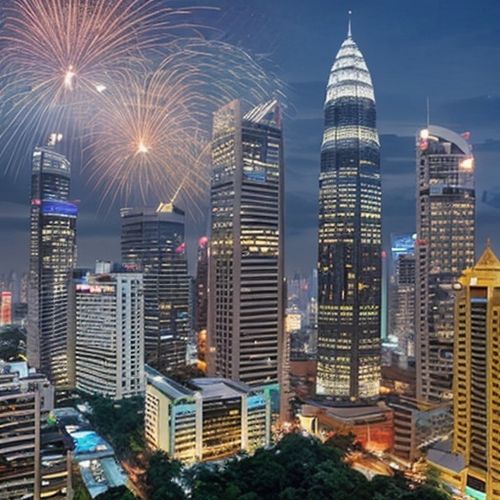
By Christopher Harris/Apr 5, 2025
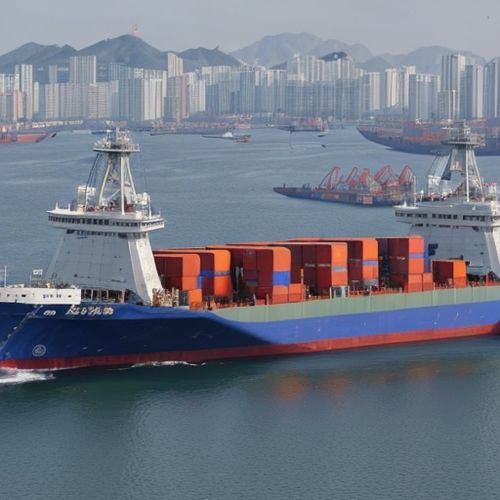
By Noah Bell/Apr 5, 2025
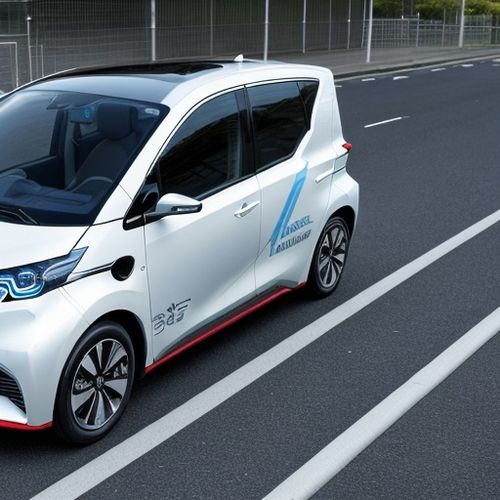
By Thomas Roberts/Apr 5, 2025

By Michael Brown/Apr 5, 2025

By George Bailey/Apr 5, 2025